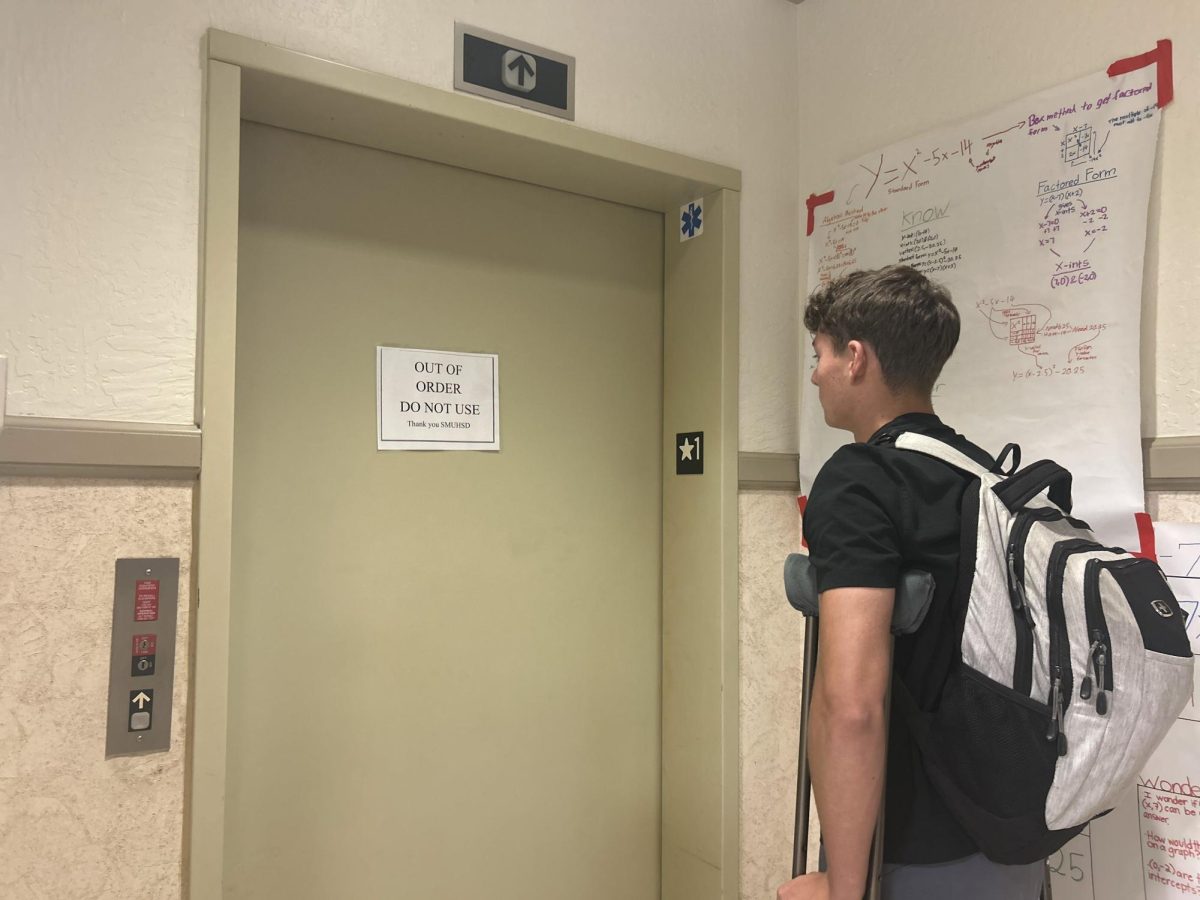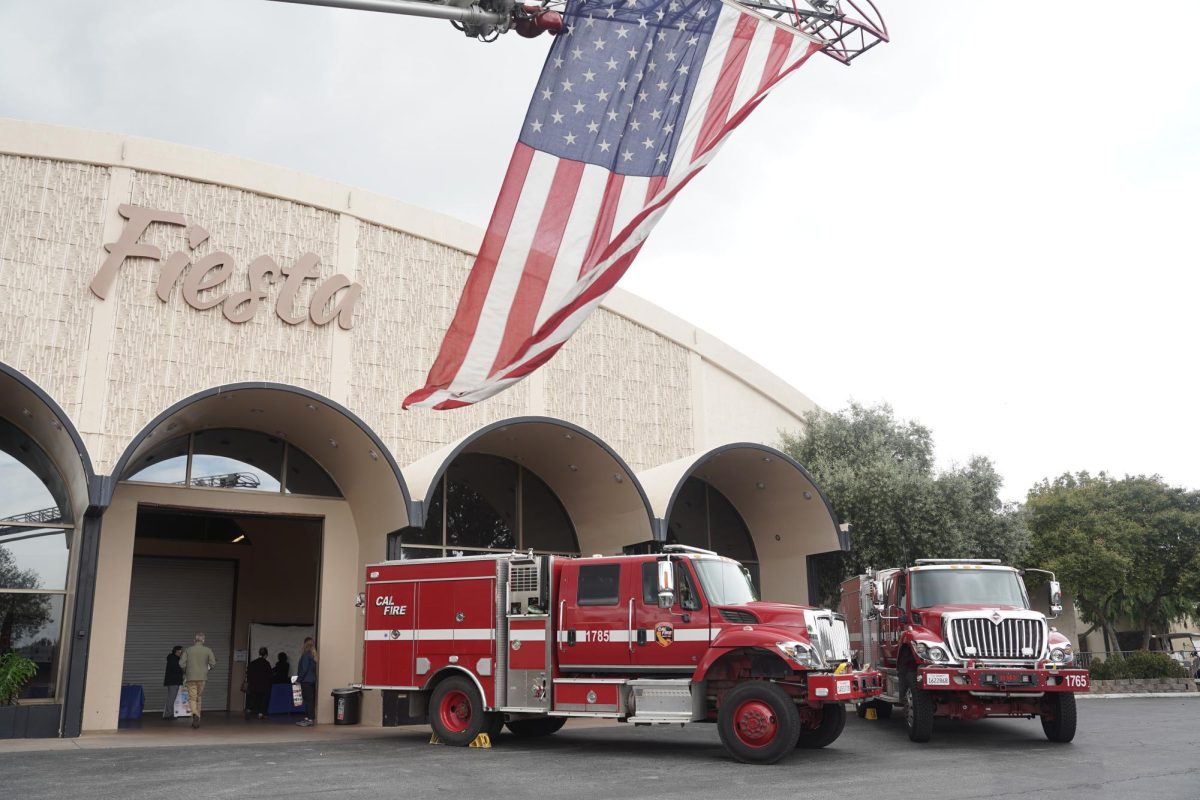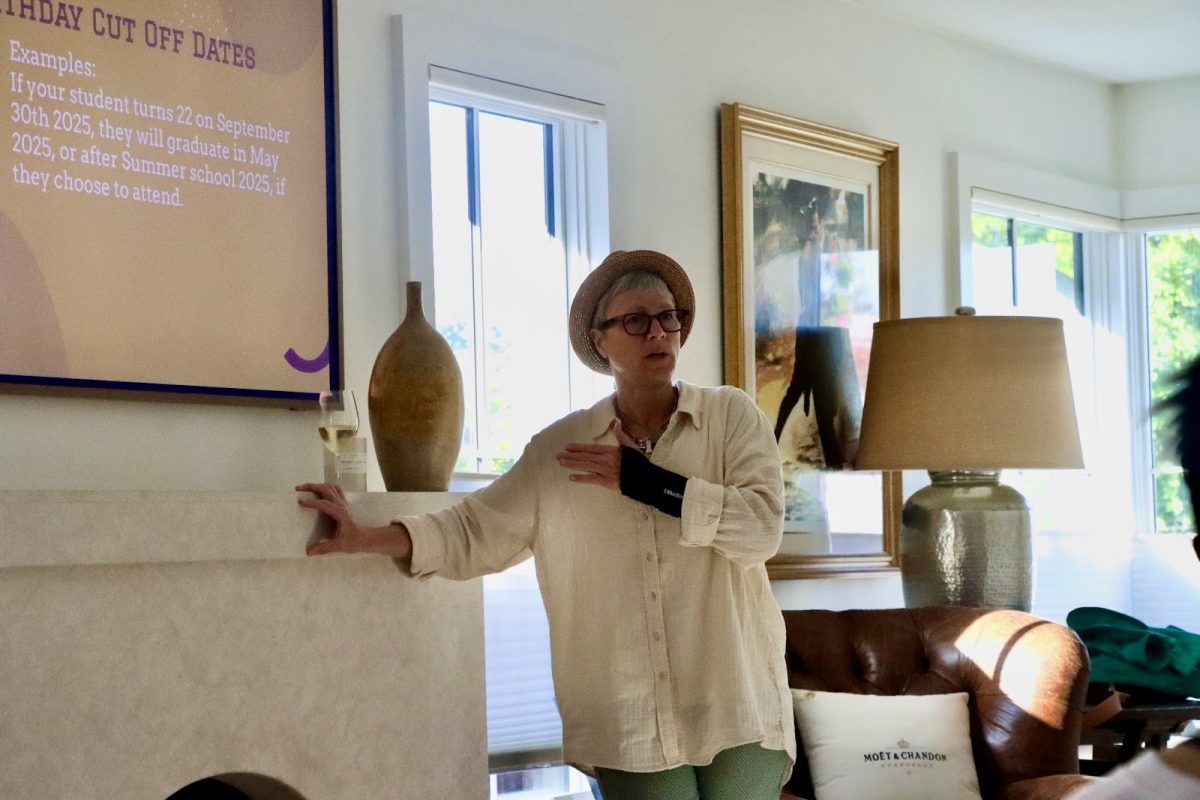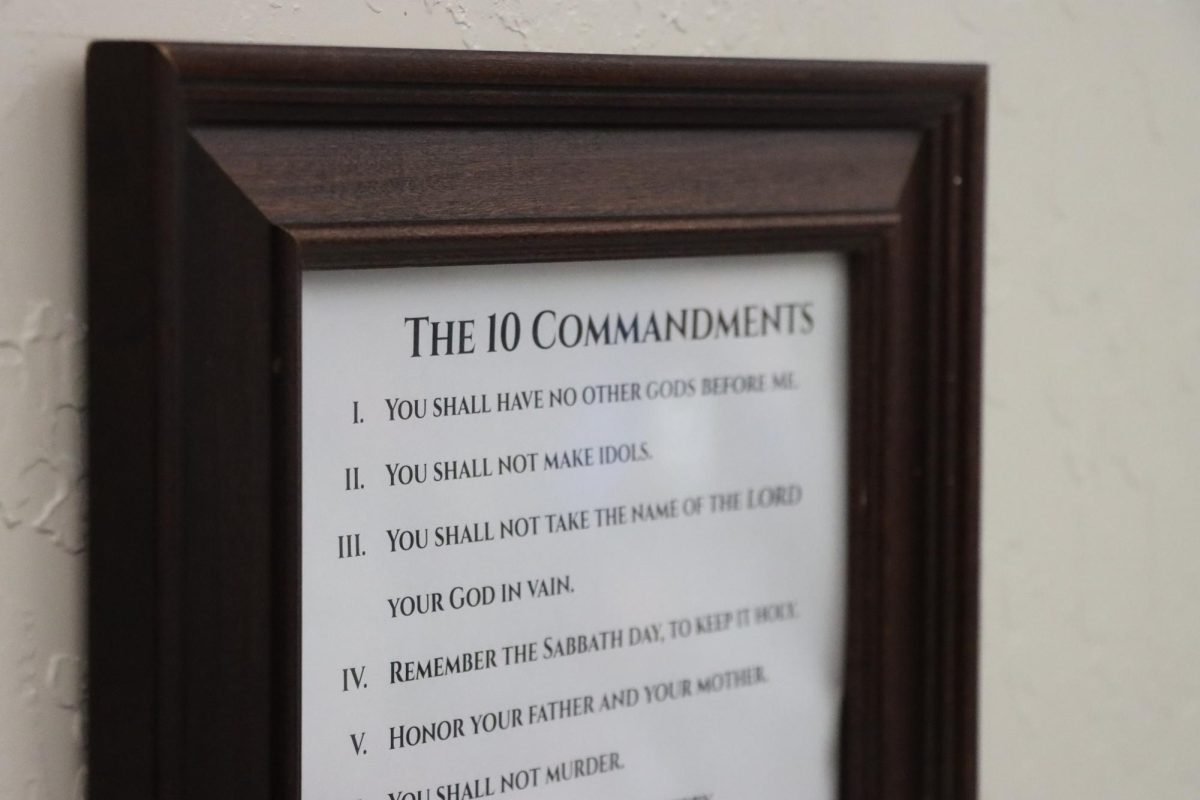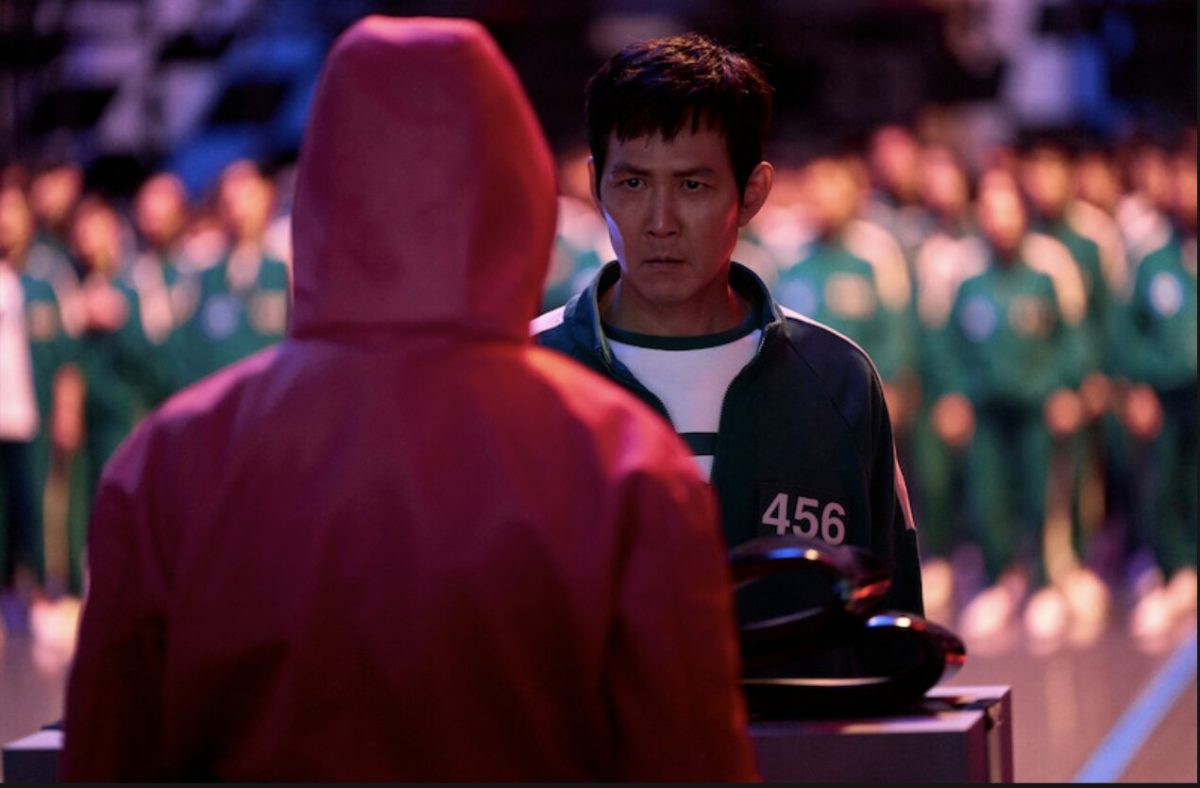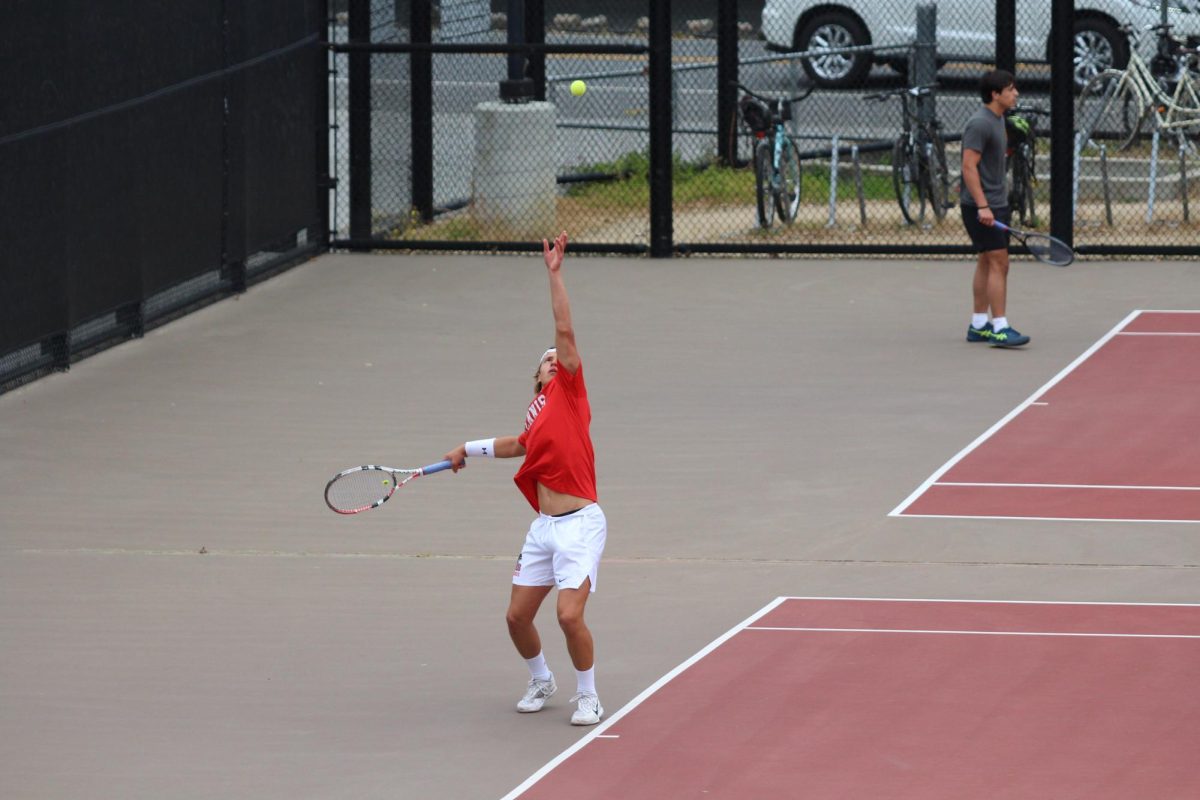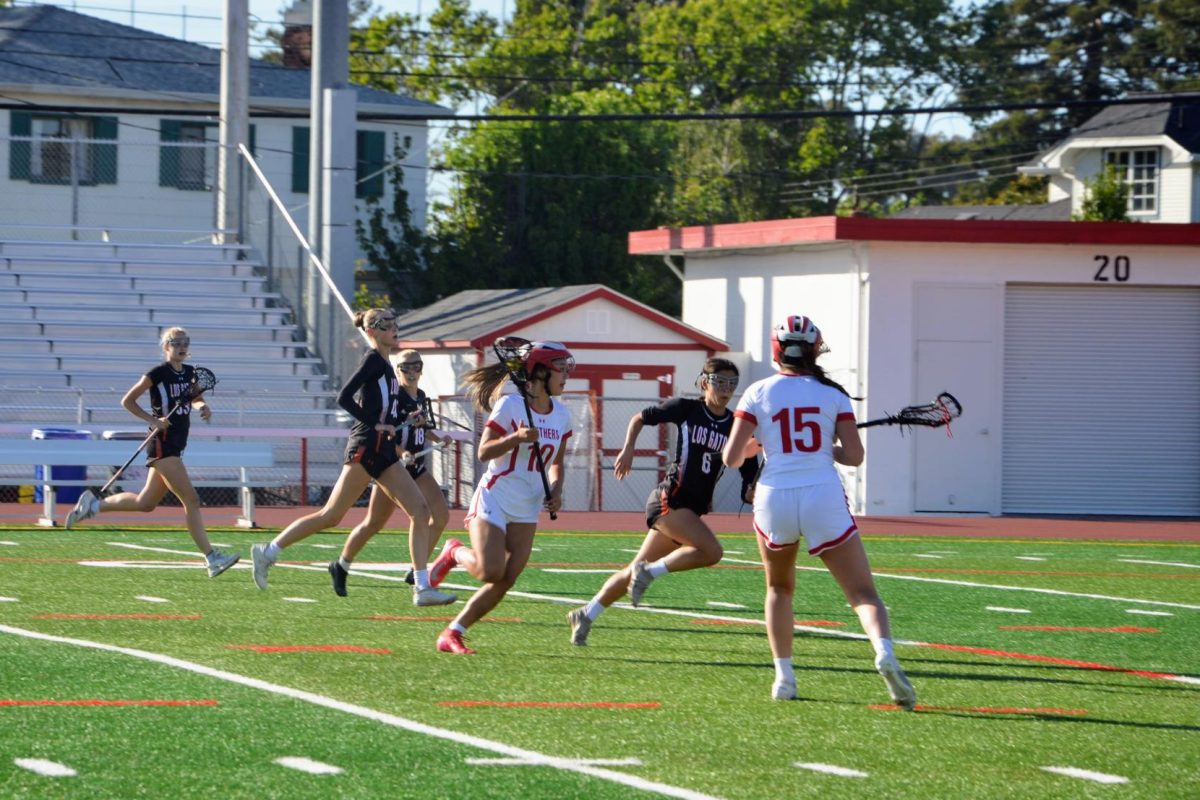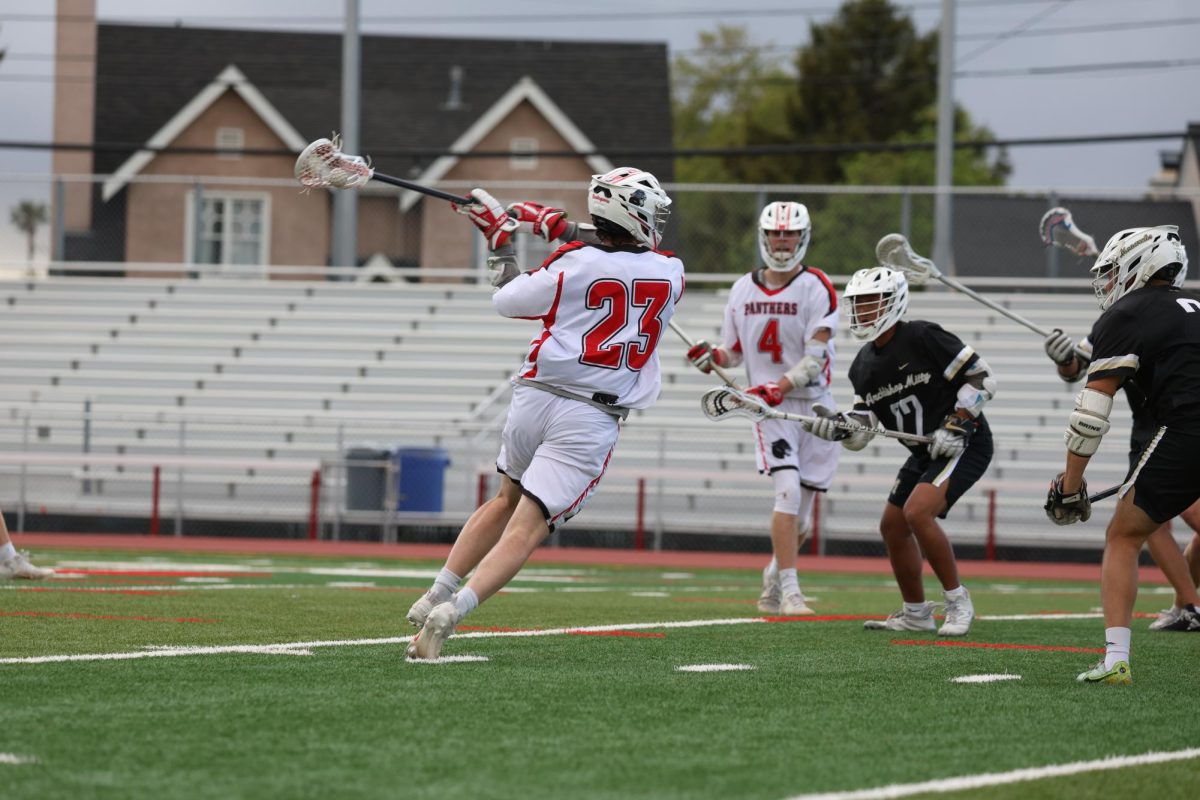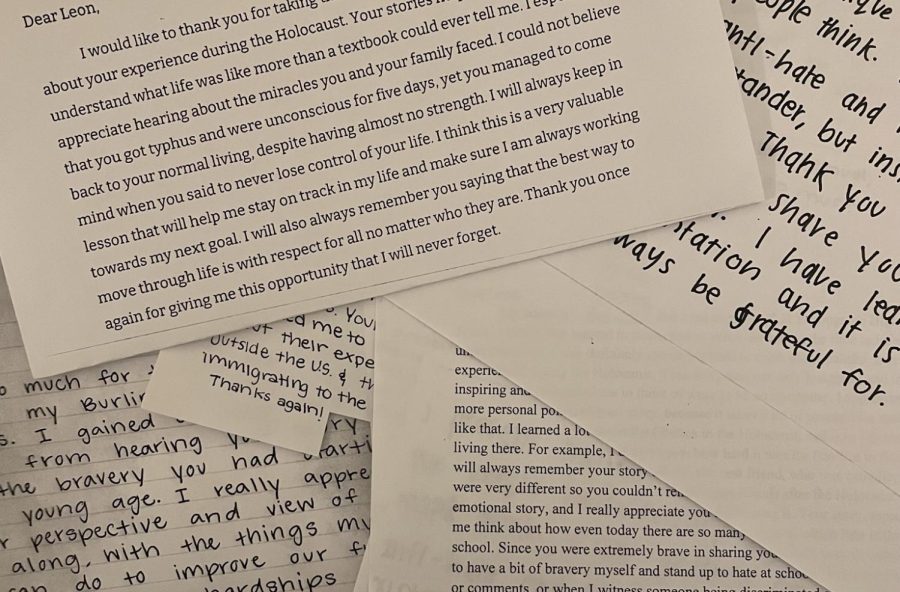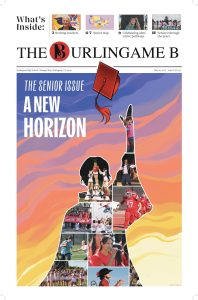Holocaust survivor presents to sophomore history students
Letters sent to Holocaust guest speaker, Leon Rajninger, by World History students.
March 18, 2023
Holocaust survivor Leon Rajninger spoke to Advanced Placement (AP) and college preparatory Modern World History students about his and his family’s experiences before and after their time in the Austrian ghetto during a moving presentation the week of Feb. 20.
This presentation was possible due to the Holocaust Center, an organization that has worked since the 1970s to increase Holocaust education in Northern California. Since 2016, the organization has allowed Burlingame students to hear from Holocaust survivors during their World War II unit.
“Listening to Leon speak was such a valuable experience,” AP World student and sophomore Maxwell Dilaura said. “I’m glad Burlingame and the history teachers put this together because his story was so compelling.”
After Rajninger’s presentation, students from multiple World History classes wrote letters to him, expressing their gratitude and appreciation for his time.
“Your stories helped me better understand what life was like more than a textbook could ever tell me,” one student wrote.
Rajninger was born on March 31, 1931 in Czernowitz, Romania. In 1941, when Rajninger was just 10 years old, he and his father narrowly escaped execution after German soldiers invaded their home town of Czernowitz, Romania because of overflowing in the work camps. In September of the same year, the Nazis invaded Austria to further support for the National Socialists, forcing him and his family to vacate their house and live in a ghetto, wearing yellow stars to label them as Jews. During their time in the ghetto, inmates were cramped together in horrible conditions.
“We felt helpless and hopeless,” Rajninger said. “Only our will to survive remained.”
Eventually, after escaping, Rajninger’s mother took their family to German headquarters to seek help. There, they were sent to a smaller ghetto in the Transnistria region with a sugar factory so they could obtain jobs. However, when they arrived, the sugar factory was no longer there. Soon thereafter, his mother and aunt contracted pneumonia, which his aunt would eventually die from.
Despite his struggles, Rajninger spoke with optimism in an effort to convey universal life lessons to the students.
“Please students, never lose control,” Rajninger said. “Always be in control of your life.”
The Holocaust and the threat of Jewish persecution continued to impact Rajninger after escaping the ghetto. Not only was his life deeply affected during the Holocaust, but after as well. During his presentation, Rajninger touched on the hardships he endured when he returned home. He described the immense difference between him and his childhood best friend, Marcel. Before the Holocaust, the boys were practically twins save for their differing religions, he said. But as time went on, this dividing factor led to the friends’ downfall, with him being Jewish serving as the ultimate distinction.
After all he and his family had endured, they decided to move to the United States to start a new life. On Feb. 28, 1951 at 5 a.m., Rajninger and his family passed the Statue of Liberty in New York. Rajninger explained that this seemingly unimportant detail was so life-altering because it represented the end of the war hardships and the beginning of his new life in America.
“With death so close,” Rajninger said, “I felt almost reborn.”
Rajninger emphasized that anti-semetic sentiment still echoes today, bearing resemblance to the Holocaust. In order to truly move forward from this event, he urged students to learn from past mistakes to ensure that this violence is not repeated.
Rajninger’s presentation was truly one of a kind, and with the number of Holocaust survivors decreasing, it’s incredibly special that Burlingame students had the privilege to hear him speak.
“His story is so great because it’s all from the heart and the truth in general,” Dilaura said. “It was one of a kind, and the value of it is not understood.”
Rajninger’s presentation also served as an inspiration for students, with one student writing,
“Since you were so brave in sharing your story with us students, you inspired me to have a bit of bravery myself and stand up to hate at school or on social media.”
To conclude his presentation, Rajninger pleaded with students to stand up to hate at Burlingame. Having been forced to endure the trying conditions of the Holocaust at a young age, Rajninger said he hoped his presentation would inspire peace and harmony within his audience.
“Each of us can and must do our part to make the earth a better and more peaceful home,” Rajninger said.



